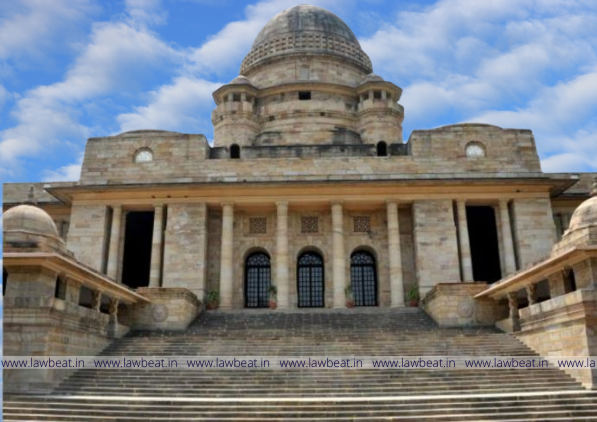Epilepsy not an impediment for spouses to cohabit; not a ground to seek divorce under HMA, 1955: Bombay HC

The trial court had dismissed the husband's suit for divorce and allowed the wife’s petition for restitution of conjugal rights with maintenance.
The Bombay High Court (Nagpur Bench) recently upheld a decision by the trial court while observing that the condition of epilepsy is neither an incurable disease nor can it be considered a mental disorder or psychopathic disorder, for making a ground for divorce under Section 13(1)(iii) of the Hindu Marriage Act, 1955.
A division bench of Justice Valmiki SA Menezes and Vinay Joshi, while dismissing the appeal, observed, “... there was no ground made out by the petitioner in terms of Section 13(1)(i-a) and Section 13(1)(iii) for seeking a decree of dissolution of marriage… The judgment of the Trial Court has considered the medical evidence on record and written a finding that there is no evidence that the respondent had ever attempted to commit suicide or had indulged in behaviour to make out a ground of cruelty or, that she was suffering from epilepsy or any form of mental disorder to make out a ground under Section 13(1)(iii) of the Act.”
Reliance was placed on Raghunath Gopal Daftardar v. Vijaya Raghunath, AIR 1972 Bombay 132 in this regard.
Brief Background
The petitioner-husband instituted a plaint against the respondent-wife under Section 13(1)(i-a) and under Section 13(1)(iii) of the Hindu Marriage Act, 1955 seeking a decree of divorce mainly on the ground that the wife had threatened him to commit suicide and her behaviour was abnormal, leading to a break down in their marriage.
The second ground raised by the husband was that the wife was suffering from fits of epilepsy which was incurable, and the condition was not conducive enough for them to cohabit.
The trial court in its findings recorded that the husband failed to prove that the wife was suffering from epilepsy or any incurable mental disorder which would make her unsound of mind to such an extent, that he could not live with her. The second finding was to the effect that the wife lived a normal life and the evidence on record demonstrated no mental disorder of any nature or behaviour that would constitute a ground of cruelty, meted out by her to the petitioner-husband.
While counsel for the husband submitted that the wife suffered from epilepsy and the manifestation of the same amounted to cruelty, thus making a fit case of divorce under Section 13(1)(i-a) and 13(1)(iii) of the 1955 Act, counsel for the wife argued that as per the evidence placed on record by doctors, she had suffered a seizure on a few occasions, but the same has neither repeated nor is it a condition that she suffers continuously, so as to be covered by the grounds under Section 13(1)(iii) of the Act.
“We are further of the opinion that there is an abundance of medical evidence, as of this date, that such a medical condition could not justify any petitioner’s stand that the condition would be an impediment to the spouses living together”, the high court further said.
Case Title: Harish v. Leelavati | Family Court Appeal No. 19 of 2017
